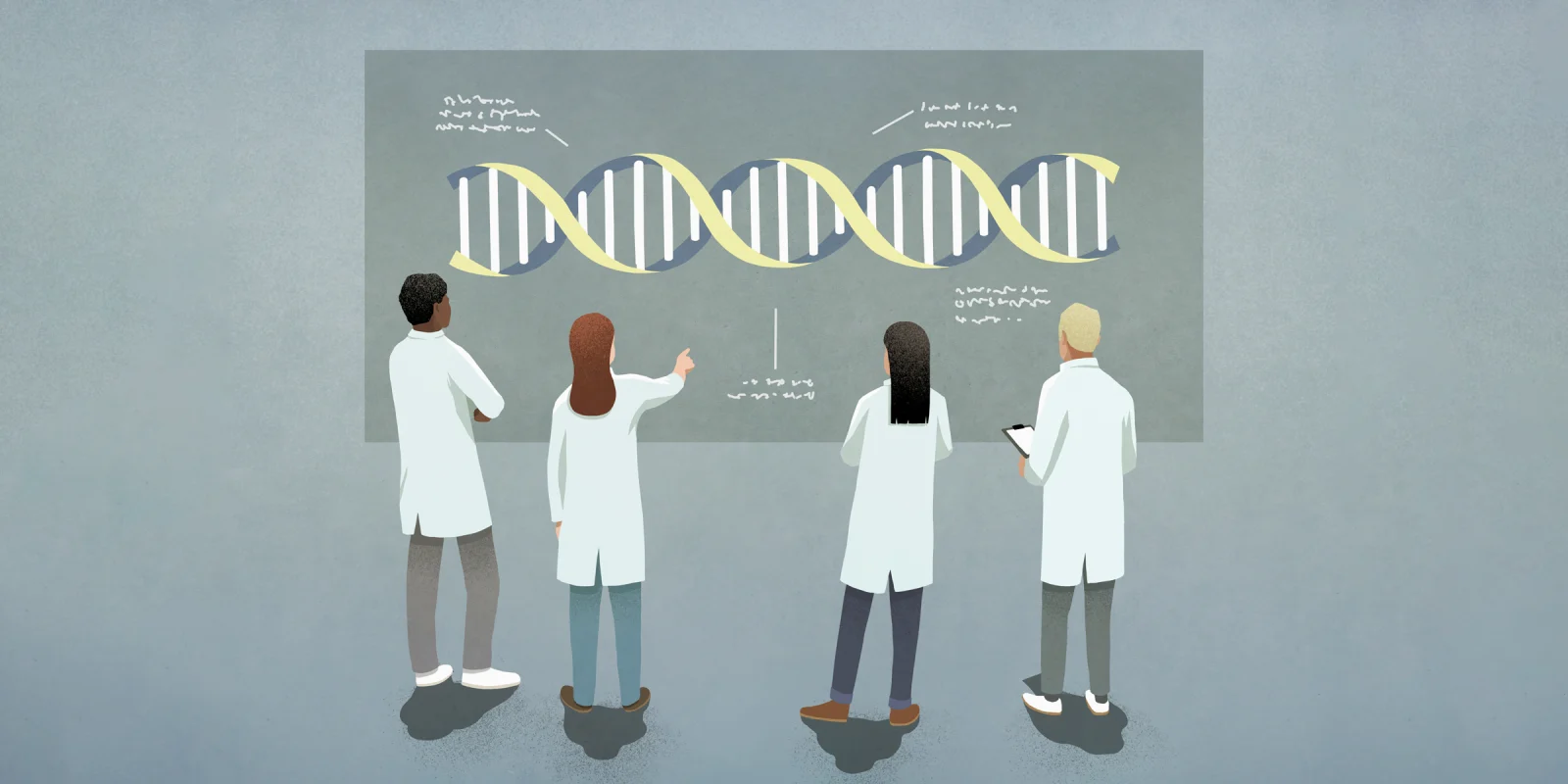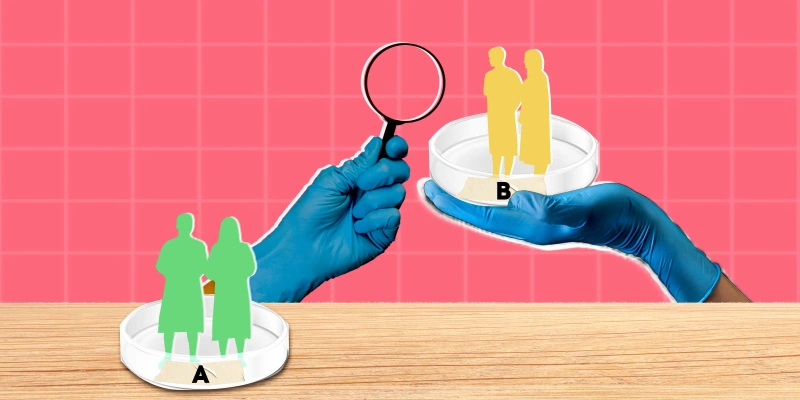The significance and impact of genetic testing of living donors is gaining momentum, as was illustrated during the “Role of Genetic Testing in Potential Living Donor Candidates” session of ATC 2021.
As physicians, we are committed to seeking out the best possible care for our patients. When it comes to transplant patients, that commitment expands to donors, and we owe donor candidates the best possible tools, testing, and sharing of information that we have to offer.
With the increasing availability of genetic testing and the application to living donation, we are making good on that commitment.
At the University of California, Irvine, we are strong proponents of genetic testing, and we have recently implemented genetic testing as a part of our donor evaluation. As broad-based kidney gene panels are becoming commercially available, it is feasible that genetic testing for transplant donors can be part of routine practice.
Case in point. A few years before we implemented our genetic testing protocol, we encountered a living donor who developed proteinuria, after donating. Although kidney biopsy is a gold standard to diagnose kidney disease in this setting, its invasiveness and potential bleeding complication made it relatively contraindicated for our patient. Additionally, the donor’s new onset of overt proteinuria suggested a genetic cause of kidney disease. Therefore, we ran a genetic test on the donor, which came back positive for Alport syndrome. The genetic cause for the donor’s kidney disease may have gone undetected as genetic testing for living donors was emerging and not a recommended test for selection and workup for living donation. Our experience served as further motivation for us to implement a genetic testing program for our future living donors and intended recipients.
Another driving factor in our decision to pursue genetic testing for kidney transplants involved our catchment area in southern California, which consists of a large Latinx population. Our living donor rates among the Latinx community are already low due to strong family history of diabetes, which likely decreases the pool of potential living donors. Genetic testing provides us information to help guide and counsel patients and donors the best we can while not ruling out otherwise healthy living donors.
We now perform genetic testing on potential living donors after they pass initial medical and psychosocial screening. We counsel them as part of their evaluation and informed decision making, and that it is not meant to rule people out but to give us a better idea of who may be at higher risk in donating and who is not. We encourage shared decision-making with our potential living kidney donors and offer all patients undergoing genetic testing a referral for genetic counseling.
It was encouraging to hear how many other programs are looking at genetic testing for patients outside of the polycystic kidney families and Black donors, which was where the field was previously limited.
There is a lot of utility for diagnostic testing, family screening for selection of donors, risk of recurrence, risk of surgical complications for transplantation or vascular procedures, risk of cancer, diabetes, etc. This conference has helped expand the thinking on the whole process of identifying, testing, and most importantly, protecting living donors. The emphasis on genetic testing in living donors and discussion surrounding improved informed decision-making opens a new facet in the arena of care for transplant patients and their donors. This collaboration will expand our thinking and expedite the adoption of new techniques.
Dr. Reddy has no conflicts of interest to report.





